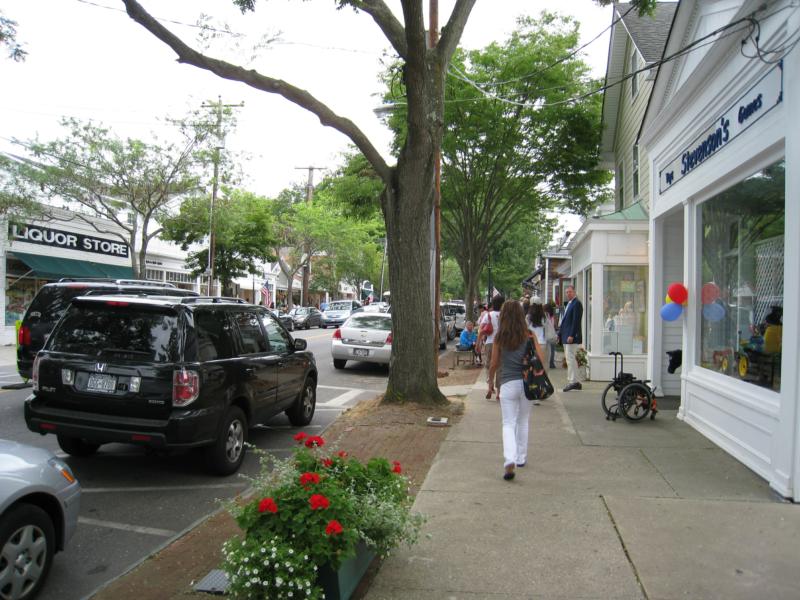SOUTHAMPTON, NY – Restaurant owners who are looking to expand their operations to serve lunch, but cannot justify the added expense of opening their full establishment for midday diners, could get a boost from legislation being crafted by Southampton Town to allow them to use food trucks to serve meals to diners on the fly.
“Every time you go into the kitchen to turn on fans and the lights, you have huge overhead,” said Pam Wolfert, co-owner of the Inn Spot on the Bay in Hampton Bays. Ms. Wolfert and her partner, Colette Connor, have a food truck that they have been using for catering events at other venues, but also said they would welcome the opportunity to use it to serve lunch at their waterside property without having to open the entire restaurant.
“With the food truck, everything is self-contained,” she said. “You don’t have to worry about the dining room, you don’t need servers, you don’t need dishwashers. You just need a couple of tables and chairs anywhere and a garbage pail.”
Currently, town code does not allow a restaurant to operate a food truck on its premises, because it is classified as a separate business and would constitute two uses of a single property. Except at public beaches, where food truck vendors are specially licensed by the town, the code only allows food trucks and carts to operate under a peddler’s permit, which requires that it not remain in the same location for more than 30 minutes, before moving at least 1,500 feet.
Earlier this summer, unaware of the code restriction on trucks, Chris Cariello, owner of One North Steakhouse in Hampton Bays, tried to use a recently purchased food truck to serve lunches in the parking lot of the Montauk Highway restaurant. Code enforcement officers shut him down, and Mr. Cariello has been using the truck at several locations on the North Fork, where codes for food trucks are not as restrictive.
Mr. Cariello approached Southampton Town Councilman Stan Glinka, a former president of the Hampton Bays Chamber of Commerce, about tailoring the code to permit restaurant owners to use food trucks on their main properties.
“It’s not cost-effective for me to open the restaurant for lunch—it’s such a hit-and-miss thing if you’re not on the water,” Mr. Cariello said. “A lot of restaurants on the North Fork use food trucks to do lunch.
“I understand the concern about out-of-town people who aren’t paying taxes here operating and taking the revenue elsewhere,” he continued, “but when you already own the property and are paying taxes, it’s different. It’s really just an auxiliary kitchen.”
Find the entire article at 27east.com <here>




